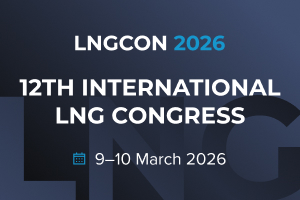Ekobenz, UGI International partner on bio-LPG supply, development
Under the agreement, UGI International, a subsidiary of UGI Corporation, has secured the exclusive rights to Ekobenz’ supply of bio-LPG, a renewable form of a propane-butane produced from advanced bioethanol.
The primary raw material to produce bio-LPG is the conversion of organic material derived from industrial waste, unsuitable for use in the human and animal food chains. The product can be used by all of UGI’s existing LPG entities operating in Europe and boosts the firm’s sustainable fuels portfolio.
Roger Perrault, executive vice-president of Global LPG at UGI, said: “Ekobenz is an excellent opportunity for us to benefit from one of the emerging pathways to a more sustainable future.
“This initiative is one of many options we are currently pursuing on the path to securing the production of renewable fuels. It is complementary to other business activities in UGI International, which also include renewable wind power and existing bio-LPG currently supplied in the Nordic region of Europe.
“We will continue to ask our business development group to cast the net far and wide to ensure we partner up with the most advanced and appropriate technical initiatives emerging in the market.”
Ekobenz is the first and only company in Europe that has succeeded in commercialising bio-LPG production based on advanced bioethanol produced from waste. The first shipment of bio-LPG from Ekobenz’s state-of-the-art research facility in Poland is expected to arrive in Sweden in the spring.
“Biomass products produced by Ekobenz can be added to crude oil products without restriction, making them an ideal way to achieve zero emissions in liquid and gaseous fuels by 2050,” said Stanisław Jabłoński, president of Ekobenz.
“In addition, all 2020-2050 milestones aimed at zero emissions for liquid and gaseous fuels can be met using the existing distribution system, equipment, and people. Therefore, Ekobenz as a producer of renewable fuels and UGI as a leading LPG distributor meet the conditions for a highly successful partnership which can protect the climate and achieve zero emissions in 2050.”

















